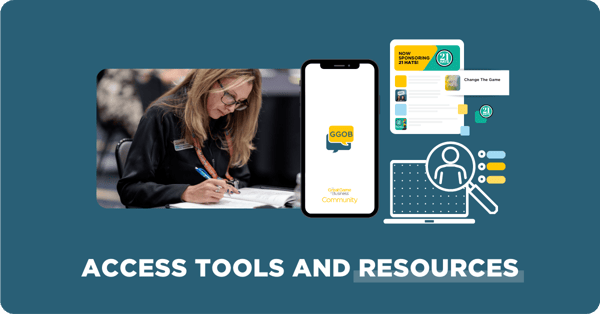1. What Is Business Financial Forecasting?
2. Benefits of Financial Forecasting
3. Disadvantages of Financial Forecasting
3. Components of Financial Forecasting
4. Steps for Producing a Financial Forecast
One of the greatest challenges facing business owners and managers is how to improve profitability and generate growth. Financial forecasting is a crucial business process for meeting that challenge.
What Is Business Financial Forecasting?
Financial forecasting is a vital part of business planning that uses past financial performance and current conditions or trends to predict future company performance. In other words, financial forecasts are a tool by which businesses can set and meet goals.
Many factors can affect the level of confidence you have in your financial forecasts. However, they are always valuable indicators of whether your organization is moving in the right direction.
Forecasts can be made on a weekly, monthly, quarterly, or yearly basis, depending on the numbers that are being tracked—and they can address metrics such as sales, expenses, cost of goods sold, and profits.
Benefits of Financial Forecasting
Some of the benefits of financial forecasting include:
-
Assess the success of your efforts to determine the long-term viability or value of an activity
-
Take control of your cash flow and purposefully direct your company
-
Develop benchmarks for use in future forecasts
-
Perform contingency planning during challenging financial times
-
Anticipate the impact of new expenses on your business operations
-
Identify financial problem areas and their causes
-
Reduce financial risk and improve disaster recovery
-
Create an environment of certainty and stability
-
Make future budgeting much easier
Ultimately, proper financial forecasting opens to door to reduced spending, easier financial planning, and greater learning opportunities.
Disadvantages of Financial Forecasting
It's often time-consuming. For a small team or solo entrepreneur, time is money. It's also difficult for new businesses, like startups, since they don't have historical data to model their forecasts on. It can inaccurate if you don't forecast based on historical financial data.
Components of Financial Forecasting
These elements feed into a financial forecast:
-
Monthly financial statements or cash flow statements
-
Risks and opportunities on the horizon
-
Actions you can take or are taking to minimize risks and capitalize on opportunities
-
Resources available to bring the forecast to fruition
-
Obstacles that can potentially arise and plans for overcoming them
Steps for Producing a Financial Forecast
-
Determine the purpose of the forecast and its potential impact. Consider how it will be used, the degree of accuracy required, factors that will come into play, and the time and effort that will be invested into creating the forecast.
-
Choose your forecast time frame.
-
Establish a method for producing the forecast.
-
Schedule team Huddles for gathering and analyzing data. A forecasting Huddle process that looks two or three months ahead is ideal.
-
Document the forecast and monitor the results. Use the results of the forecast to project cash from operations that can then become a critical element in a forward-looking cash flow report.
-
Repeat based on your forecasting time frame and analyze the effectiveness of your efforts.
Financial forecasting encourages employees to think about the future and how improvement in the execution of their daily tasks can have a positive impact on results. It helps people throughout the organization focus on a common goal.
In fact, accurate cash flow forecasting is paramount to the survival of any organization. Yet, so many managers overlook this important process. An unanticipated need for cash that taxes available reserves can have a negative ripple effect on company finances that leads to long-term difficulties. Consequently, it is critical that business leaders develop and maintain strong financial forecasting skills.
Need Financial Forecasting Help for Your Business?
If you’re struggling to develop a forecasting process, consider seeking help and the educational resources an expert business coach can provide.


.png)






